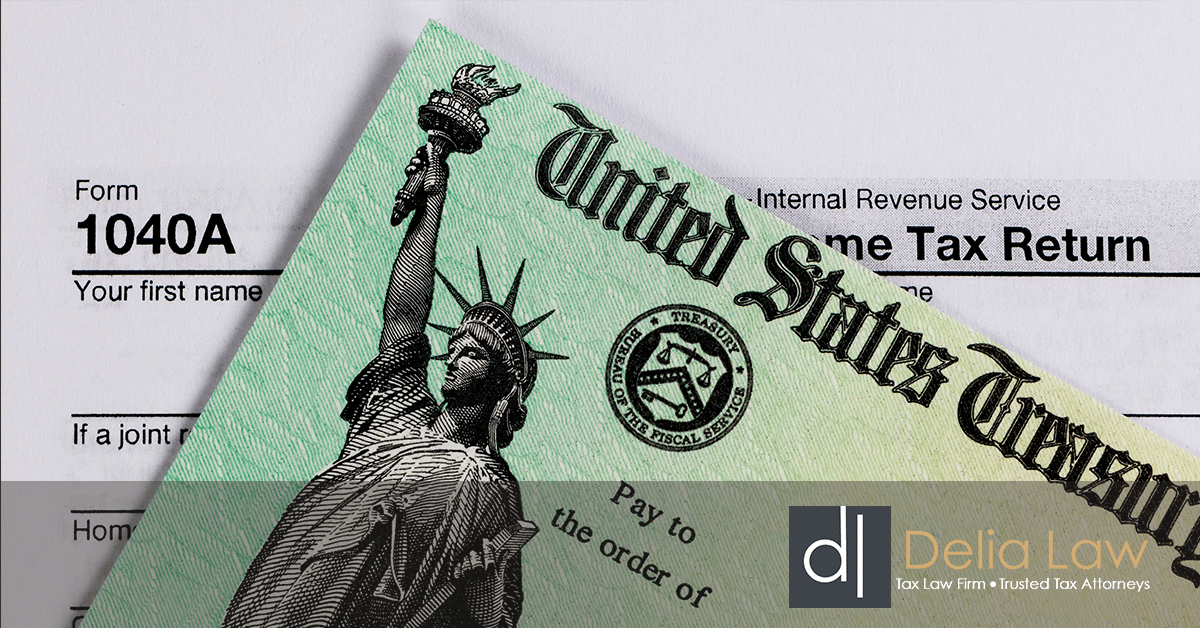When your earnings are feeling threatened, you may not know where to turn. The law does allow for your wages to be withheld to pay certain debts. It’s called a wage levy. When you are unable to repay a debt, the creditor holding your debt may be able to secure a wage levy against you, which allows the creditor to seize a portion of your paychecks until the debt is repaid. Once a creditor is approved for wage levy, your employer must comply and withhold the appropriate amount from every check. Unlike other creditors, the IRS has the ability to impose a wage levy against a taxpayer without court approval.
The term “levy” is commonly conflated with the term “lien” when it comes to tax penalties. While a lien exists as a creditor’s security on an unpaid debt, a levy actually seizes a debtor’s property to satisfy an unpaid debt. Wage levy, which is similar to wage garnishment, can result in much lower paychecks than you usually receive. Though some creditors aren’t able to take all that is owed from your paycheck, the IRS can levy your wages until the tax debt is satisfied. It can be very difficult to break free from a wage levy once enacted.
Unlike other deductions from your paycheck, a wage levy can be a massive hit to your everyday finances and leave you unable to pay your bills. It is easy to see how this situation can worsen very quickly.
Potential Effects of Wage Levy
Most wage levies are subject to state and federal regulation when it comes to the amount a creditor can seize from each of the debtor’s paychecks. In most cases, these regulations prevent a creditor from taking too much of a debtor’s paycheck. However, a wage levy imposed by the IRS or the Comptroller of Maryland are quite different. Instead of determining how much the IRS or Comptroller is allowed to take, these agencies’ policies determine how much a debtor is allowed to keep.
The review process for wage levy is extensive. The IRS or the Comptroller of Maryland will analyze the debtor’s W4 exemptions and paycheck schedule. These agencies can levy a substantial amount from each of the debtor’s paychecks. Many people who experience a wage levy from the IRS or Comptroller of Maryland are shocked when they see how little is left from their pay after wage levy. This can have a compounding effect when it comes to your credit rating and your ability to handle your basic living expenses. Many people who experience wage levy in Baltimore feel the effects for years.
It’s important to remember that the IRS cannot initiate a wage levy until they have provided the taxpayer in question with fair Notice and Demand for Payment. The IRS typically seeks resolution of unpaid tax debts. Their Notice must include a complete accounting of the taxpayer’s alleged debt as well as accrued interest and additional penalties. The Notice and Demand for Payment must include the due date for the taxpayer’s outstanding debt. If the taxpayer is unable to pay the debt or ignores this notice, the IRS will then issue a Final Notice and Intent to Levy. This is the taxpayer’s last chance to resolve the situation.
Wage levy is very difficult to release once enacted upon you by the IRS. The fastest method to have the wage levy released is to pay the IRS debt in full, but this is impossible for most people, who would have paid their debt already if the funds had been available. An experienced tax attorney can help a taxpayer in this position seek alternative resolution or relief from wage levy through the formation of an Installment Agreement or approval of “Currently Not Collectible” status.
Why You Should Hire a Tax Attorney for Wage Levy Help in Baltimore, Maryland
An experienced attorney can help you negotiate an Installment Agreement with the IRS that allows you to repay your tax debt over time. If you are completely unable to repay your tax debt, your attorney can help you obtain a “Currently Not Collectible” status that may offer some temporary relief until your financial situation improves and you are able to repay.
Both of these options carry their own concerns and variables but ultimately provide many taxpayers with a more manageable alternative to wage levy. It is also possible to expedite one of these relief options if the taxpayer can prove that there is immediate danger of adverse IRS tax collection proceedings, and those proceedings will cause long-term or irreparable financial harm to the taxpayer. It is also possible to obtain relief if the taxpayer can prove the wage levy was enacted in error and recover any wages levied.
Hiring an attorney is the best way to handle this kind of situation. The IRS’s tax regulations and internal policies are strict and extensive, and attempting to navigate your way to relief from wage levy on your own is incredibly difficult. Your tax attorney can guide you through the best available resolution process quickly and efficiently, so your wage levy lasts no longer than it must.
Don’t Wait to Find Help with Wage Levy in Baltimore
Wage levy can have a dramatic impact on your everyday life, preventing you from paying bills on time, which will, in turn, lead to other creditors acting against you to collect on further unpaid debts. It is not uncommon for an individual hit by wage levy from the IRS or the Comptroller of Maryland to experience a chain reaction of financial difficulty. The longer you wait to seek wage levy help, the longer it will take for you to regain solid financial footing.
Attorney Dawn Delia and her team understand the difficulty many find themselves in when they are unable to pay for the IRS. They are compassionate and experienced. Their years dealing with complicated tax problems regarding the IRS and the Comptroller of Maryland make them the right choice for your situation. We understand how devastating the effects of wage levy can be for Baltimore taxpayers. We offer comprehensive legal counsel to taxpayers who need to stop wage levy as soon as possible so they can pay their bills and provide for their families.
When you choose Delia Law for wage levy help, our team will thoroughly review the actions taken against you, analyze your tax record, and help you determine the best available alternative to wage levy. Contact Delia Law today to learn more about how our firm can help you avoid wage levy or secure release from a wage levy enacted by the IRS or the Comptroller of Maryland.




